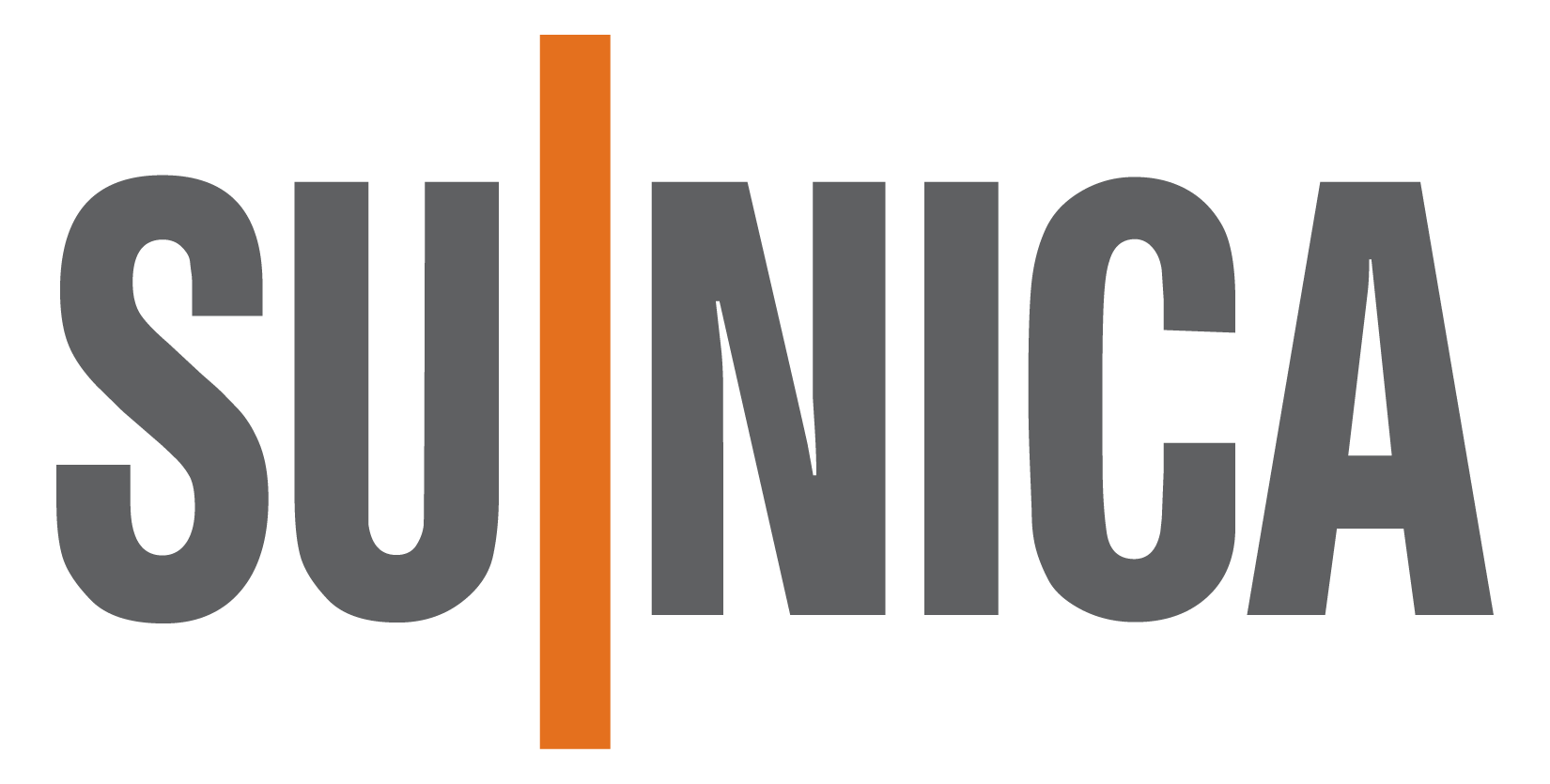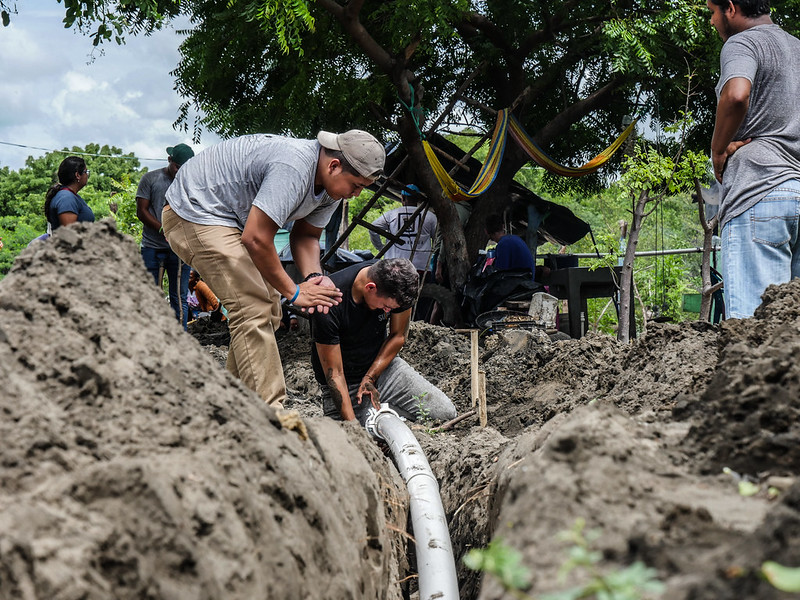It dawned on us some 13 years ago that building a clean water system is actually fairly simple. But, the social engineering (the people part) of a water project is costly, difficult, and time consuming. This is why we spend at least two years on projects that could otherwise be built in nine months. And it’s why we maintain an extremely high expectation of sustainability.
Before living in rural Nicaragua for a year – if I had spent any time thinking about the lack of access to clean water in the world – my mind would have surely been drawn to the physical nature of the problem. People approach us from time to time wanting to talk about the newest technology in the space – things like rainwater harvesting or the LifeStraw (both great solutions in certain environments). We recently took an engineer friend to El Limonal – the community we serve that is situated alongside a trash dump. It’s adjacent to a sewage plant that is spewing green water into what used to be a beautiful river. He spent the next six hours in silence thinking about how to fix that problem. And I get it – I remember living in a tiny rural village and how I would daydream about how one might pave the streets, install curb & gutter, and where would all the storm water pipe would have to go? That’s just how an engineer’s mind works.
But as we began to unpack the reasoning behind why a rural community so often fails to maintain systems that they have been gifted – we realized an important truth. It became obvious that the problem wasn’t technology, nor was it solely money.
The challenging part is… people.
It’s the people aspect of building a clean water project that few are particularly specialized at in the developing world. The social work is not glamorous and it’s not even that obvious what until after the project is complete. In order to achieve decent levels of sustainability for a water project in the developing world, the entity building the technical aspects of the project also needs to be good at the social aspect. This is a tall and an expensive order, but it’s crucial.
We love to hate on the government, but here’s a brief synopsis of why government systems in the US (and many other countries) are good at managing public works. (And by good at it, I mean our water is clean and flowing ~99.99% of the time.)
Part 1: They have the social side figured out (to a fault)- they are quite literally a representation of the people. If we didn’t have clean water in our homes on a regular basis, people would quickly lose their jobs.
Part 2: They almost always have plenty of money (since we’re good at taxes).
Part 3: They know how to spend that tax money (ie: on paying the right contractors to build the system).
The problem with nonprofit or pro-bono water projects in the developing world is that we all too often start with Part 3. Then we figure out along the way the society that will own and operate the system (Part 1) is woefully inadequate at the things that we assumed were common sense (they’re not). They realize that achieving Part 1 is insanely difficult and will require a level of time and money that is practically out of reach now that the project is underway or perhaps done. At that point it’s too late. The system is broken, everyone is frustrated, and whoever was writing the checks is cashed out.
We didn’t know how to articulate all of this 13 years ago, but we set out to build a Water Team that would lay out the basic framework of a public works department first – a year prior to breaking ground. We engage community leaders in a series of leadership development exercises while simultaneously training on the more practical functions of running a public works department. They call this a CAPS in Nicaragua (the Spanish acronym for a Water & Sanitation Committee). A nice bonus feature is that this equates to at least two full-time jobs in the community!
The Sacred Forest Retreat Center even plays a cameo role as each CAPS retreats there with the SuNica Staff at least once per year – providing an opportunity to delve into the spiritual significance of a water project and even further into Leadership Development. One of the greatest barriers to a project’s success is the lack of capacity to forgive. We have had community leaders and members with so much animosity towards each other, that there was almost no way we could move forward. And there is no greater tool for promoting forgiveness than the Gospel of Jesus. If you’ve been forgiven much – you should also have capacity to forgive others in the same way.
I always believed that people of faith ought to fix real problems in the world. Not every spiritual thing is physical, but perhaps every physical reality is spiritual. That sums up why SuNica focuses on clean water as a cornerstone project in almost all of our communities. We believe Christians should be leading the charge to address both the spiritual and physical problems of the world – so we decided to take a first step.
Written by Alan Wilser
Executive Director


Recent Comments